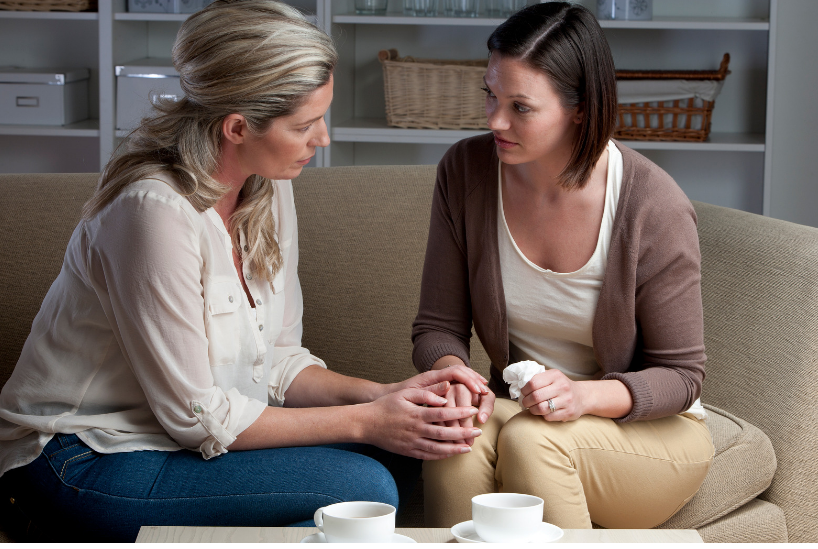Grief and Loss
Most people will experience grief and loss at some point in their lives. Grief is a reaction to any form of loss. Bereavement is a type of grief involving the death of a loved one.
Bereavement and grief encompass a range of feelings from deep sadness to anger. The process of adapting to a significant loss can vary dramatically from one person to another.

what is Grief?
Many people would probably tell you that grief occurs following the death of a family member or close friend. But grief and loss are not only limited to the death of a loved one. Grief can come at the hands of a broken relationship, the loss of a job, the death of a pet, or a disabling injury or disease. The bottom line is that if you’ve lost someone or something that was an important part of your life, you may experience debilitating grief as a result.
Therapy For Grief and Loss
While grief is not linear and everyone experiences it differently, psychiatrist Elisabeth Kubler-Ross identified several common stages people experience after a major loss: Denial, Anger, Bargaining, Depression, and Acceptance.
These do not happen in any particular order, and they may come and go in cycles.
When you experience the Denial stage, you may disbelieve what has happened.
You may feel like everything is a bad dream and that once you wake up, life will go back to normal.
In the Anger stage, reality sets in and you may feel enraged about how unfair your situation is.
You may question your higher power and direct your rage at those undeserving of it, and question why this happened to you and not someone else.
When the Bargaining stage sets in, you may try to negotiate for normality and getting your old life back.
You may feel extreme guilt and ponder “what if ” statements, thinking of what could have been had you been able to do more.
The Depression stage is characterized with emptiness and the realization that the person is gone forever.
You might feel numb and lack the motivation to even do basic tasks such as brushing your teeth or getting out of bed.
It is important to seek help during this time, especially if you’re feeling suicidal.
Lastly, Acceptance finally sets in.
There may be times when you feel acceptance for a while, only to return and move in and out of previous stages, and that’s all part of the process.
Grief comes in waves, each stage offers a new round to move through.
As painful as it is, with the right help, you can find peace.
